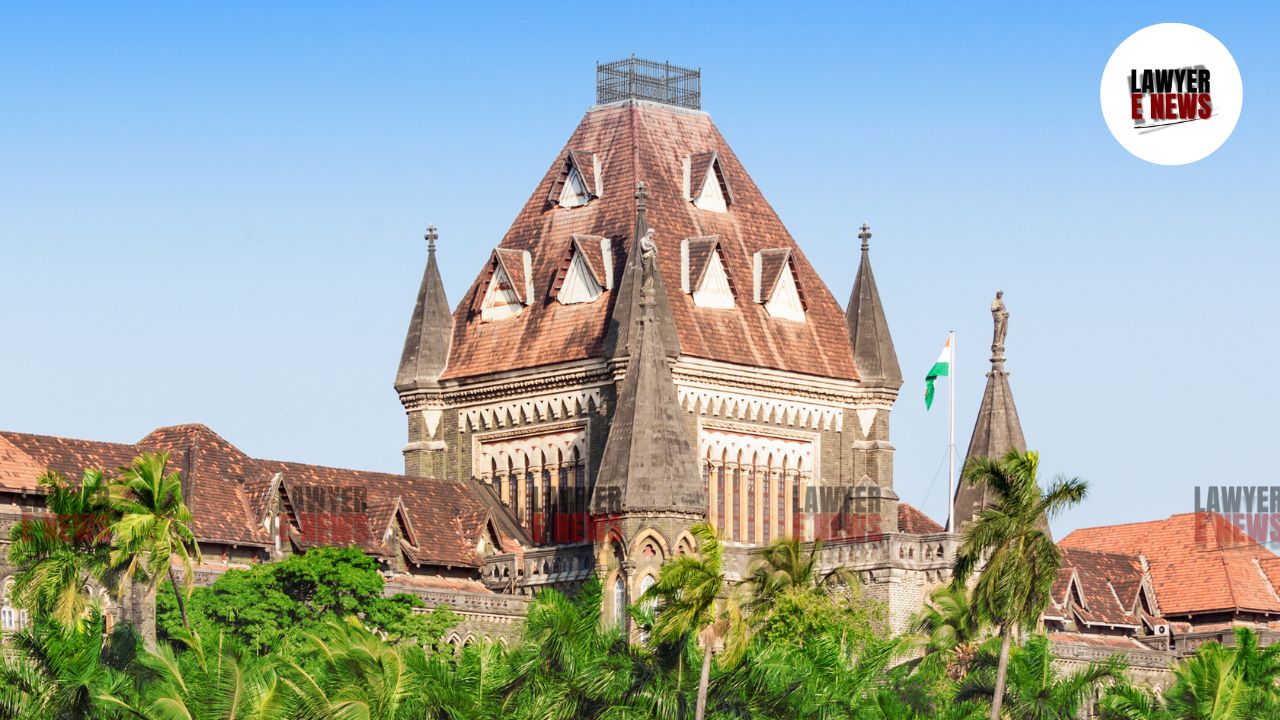-
by sayum
14 February 2026 2:22 PM



Bombay High Court dismissed two writ petitions filed by Vasantrao Sampatrao Nalavade and others, challenging the appellate court’s decision to overturn a trial court order granting an injunction over a disputed vahivat road. The appellate court had allowed Defendants Nos. 4 to 6 to use the road and upheld non-agricultural (NA) permissions granted for the adjoining lands, emphasizing that the road was public in nature and critical for access to Defendants' properties.
The dispute involves a vahivat road located in Vadhe village, Satara district, which runs adjacent to agricultural lands owned by the plaintiffs (Gat Nos. 708, 709, 710, and 711) and provides access to lands owned by Defendants Nos. 4 to 6 (sub-divided Gat Nos. 720/1 and 720/2). The plaintiffs claimed exclusive ownership of the road, alleging it was curated for their personal use for ingress and egress. They sought an injunction to restrain Defendants from using the road and the authorities from granting NA permissions for the adjoining lands.
While the trial court granted the plaintiffs' injunction request, the appellate court reversed the decision, holding that the road was recorded as public property in Gram Panchayat records, maintained using public funds, and provided sole access to Defendants' properties.
Plaintiffs Failed to Prove Ownership
The court noted that the plaintiffs' claim of ownership was based solely on long use of the road and lacked supporting documentary evidence. Justice Milind N. Jadhav observed:
"The plaintiffs have not perfected their title to the road through legal or juridical means. There is no evidence to support their claim of exclusive ownership. Instead, the Gram Panchayat records and Tahasildar’s report indicate the road’s public nature, maintained with public funds."
The court rejected the plaintiffs' argument that their long use of the road amounted to exclusive ownership, emphasizing that such claims require clear legal substantiation.
Evidence of Public Nature of the Road
The court relied on evidence presented by Defendants, including:
Gram Panchayat Records: The road was recorded in Form No. 23 as a public road, paved and asphalted using public funds.
Tahasildar's Report: The report confirmed the road’s existence as a public road providing access to the original Gat No. 720 and its sub-divided plots.
Past NA Permissions: NA permissions for Gat No. 720/3 (owned by a third party) were granted as early as 2005, recognizing the road as public access.
The court concluded:
"The vahivat road has been maintained as a public road for years and is critical for access to the Defendants’ properties. Plaintiffs have not demonstrated any legal right to restrict its use by others."
Balance of Convenience and Irreparable Harm
The court noted that Gat Nos. 720/1 and 720/2 (Defendants’ properties) had no alternate access except through the disputed road, while the plaintiffs had other access points for their lands. The appellate court’s reasoning was upheld:
"Restraining Defendants from using the road would render their properties landlocked, causing irreparable harm. Conversely, allowing Defendants to use the road would not substantially harm Plaintiffs, who can continue to use it as before."
Appellate Court’s Reversal of Injunction Justified
The trial court's decision to grant an injunction in favor of the plaintiffs was criticized as premature and based on an incomplete understanding of the evidence. The High Court observed:
"Without clear evidence of ownership, the trial court’s conclusion that the road was private property was legally incorrect. The appellate court rightly reversed the injunction to prevent undue harm to Defendants."
Key Findings of the Court
Ownership and Prescription: The plaintiffs’ claim of private ownership by long use was insufficient. No prima facie evidence was presented to establish exclusive rights to the road.
Public Records: The Gram Panchayat’s records and maintenance of the road with public funds strongly indicated its public character.
Equities Favor Defendants: Defendants’ properties depended entirely on the road for access, while plaintiffs’ claims were speculative and unsubstantiated.
The High Court dismissed both writ petitions, upholding the appellate court's decision to allow Defendants Nos. 4 to 6 continued access to the road and retain their NA permissions. Justice Milind N. Jadhav emphasized that the observations in the judgment were prima facie and would not affect the trial's final outcome. The court also granted an eight-week status quo to allow the plaintiffs to approach a higher court.
Date of Decision: January 2, 2025
